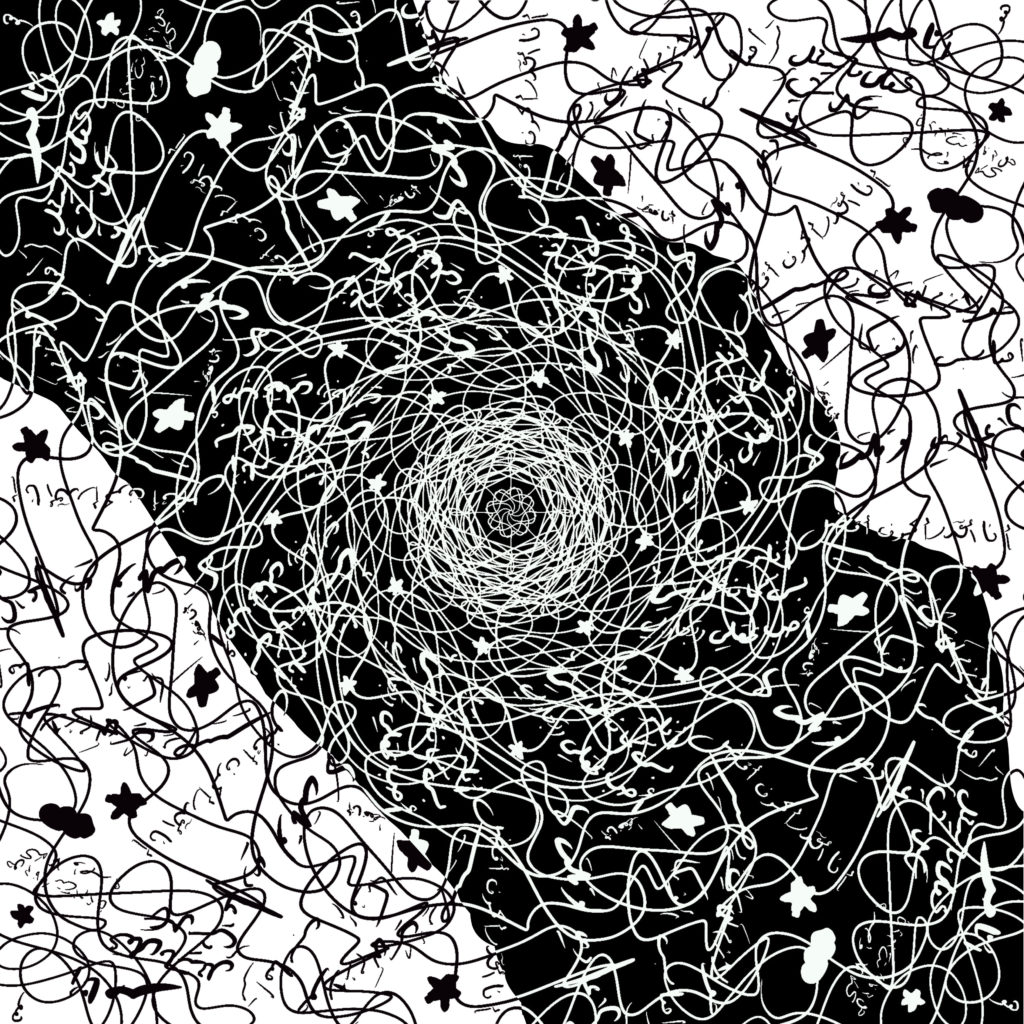
Like most millennial women, I struggled with self-consciousness throughout my adolescence, and even during my early twenties. That said, this particular story will not be one about body dysmorphia, as I eventually realized that my body is not — and should not be — the most interesting thing about me. This is a story about doubting my cognitive abilities.
Growing up, I was quite confident in my academic abilities. I felt relatively smarter than my peers, as I was a quick and avid learner. Eventually, however, I began second-guessing myself. Whenever I looked over previous exams, it almost felt like somebody else had written my answers. I found mistakes that I already knew not to make. Up until I graduated from high school, my academic performance was fairly good, so I didn’t think anything of it. It was during my transition to university that I first started struggling and seriously doubting my academic abilities. I thought: “am I not as smart as I think I am? Could I even be stupid?” These doubts continued to haunt me, spreading into the other, non-academic parts of my life.
I became socially reserved, and later completely disengaged. I was not even able to reply to a BBM message before running my reply through my head a million times. Even after I sent a message, I kept checking and rechecking to see if I had written the right thing, or if I’d made an inappropriate typo. This habit went on for years. It was especially bad with written communication, but it happened with verbal communication, too.
I began to speak less and less, as I was constantly checking in my head to see whether or not what I wanted to say would be appropriate. At a certain point, I began to wonder if I had dyslexia. I even hoped that I had it, knowing something like that would at least save my self-confidence. I’d be able to tell myself: “I’m not stupid, I’m just dyslexic.” As much as I wished it, I knew I had no trouble with numbers, so I dismissed my suspicions altogether.
One day, I had an epiphany: if I couldn’t trust myself, no one would trust me. I realized that I no longer wanted to allow negative feelings and self-doubt to consume me. My survival instinct kicked in and told me that this was no way to live. I decided to stop checking my sent messages and emails. I made a proclamation to myself: “I trust me! I trust that I will not accidentally send inappropriate messages, that my messages are clear and my opinions are valid.” Even though I did not make the correlation at the time, my social life started to recover. I was able to be myself again with old friends. I made new friends, too.
I began to realize how important self-confidence is, and whenever I felt that I lacked it, I enthusiastically embraced the motto: “fake it till you make it.” After my graduation from university, I applied to various Master’s programs. Because my undergraduate grades were not great, I was advised to enroll in a pre-masters diploma program to improve my chances of getting into a decent school. During my diploma studies, I was able to keep up with my peers during class discussions. My arguments were clear and coherent. However, I still struggled significantly with academic writing. I became more worried as final exams approached, and I eventually decided (after much internal debate) to ask the school for a learning disability assessment. After spending four hours with the examiner, she confirmed what I had suspected the whole time: that I had not one but two learning disabilities! I had dyslexia, which affected my ability to read, spell and write. And I had dyspraxia too, which affects my ability to plan and process motor tasks.
Upon hearing her diagnosis, I remembered all the times that I blamed my poor academic performance on being stupid or being lazy. I was even accused of being lazy by some of my school teachers who believed I could’ve done better. The examiner, however, looked at me and said: “you are an intelligent and hardworking young woman, and you are more than capable of pursuing post- graduate studies.” I instantly felt a huge wave of relief wash over me. I felt a rush of self-confidence and immense gratitude towards the examiner. I finally felt seen.
My grades improved dramatically after I began benefiting from disability accommodations. My self-confidence was revived for a while — until I got into my master’s program. At the very beginning of the semester, I had a panic attack as I saw my peers studying hard; they were reading and writing extensive notes, even though we had no assignments or exams at the time. I felt as if I did not belong, that unlike my peers, I did not have “what it takes” to be there. That doubt continued in my mind until I submitted my first essay and got a distinction grade (the equivalent of an A+). My confidence was restored.
Do you notice the pattern here? My issue was never really my learning disabilities, it was my self-doubt. We, humans, tend to doubt ourselves unless we are offered validation from external sources and experiences. We look outward instead of trusting our internal wisdom. Every time I had faith in myself — faith that not supported by tangible experiences or facts — I was rewarded. I now know that self-confidence and genuine power are things we all have within us — things we are all able to channel if we merely find it within ourselves to trust our inner wisdom. To trust the universe. To trust ourselves. And to trust God.
